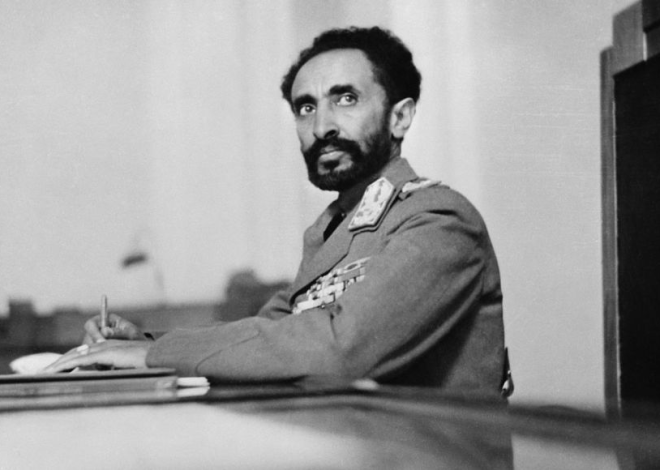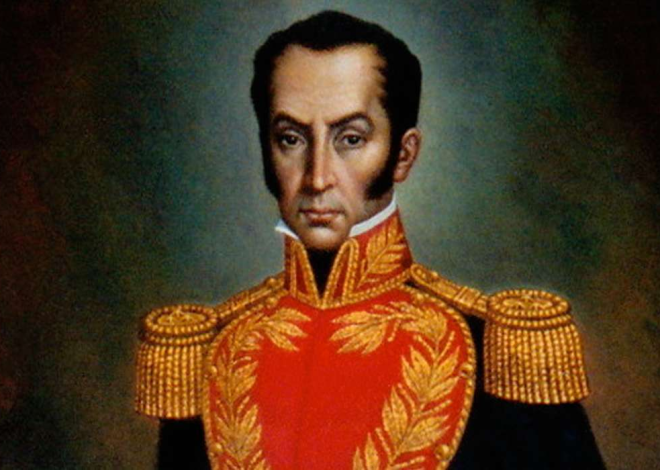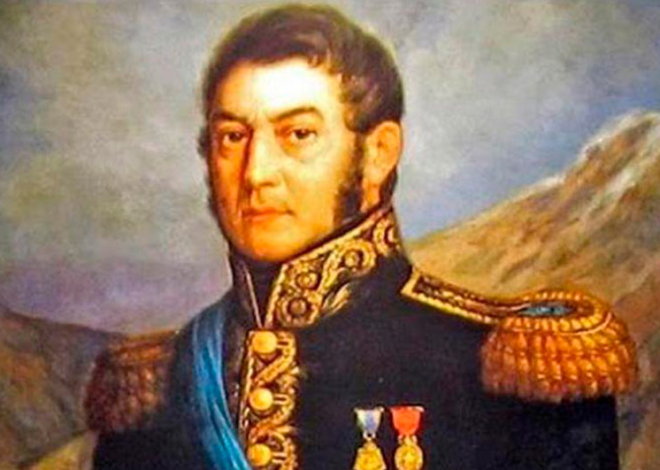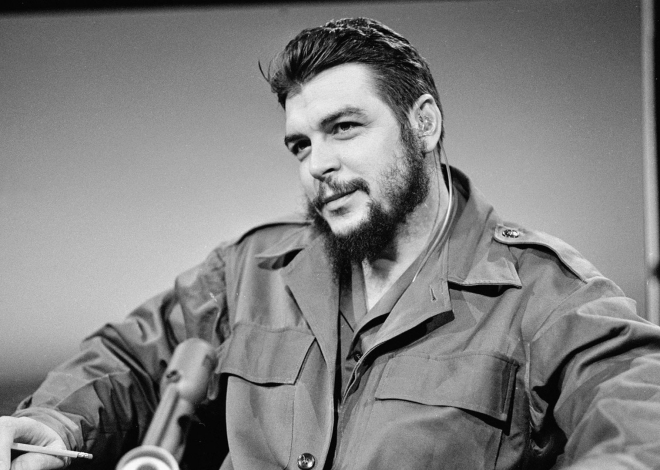
Fidel Castro
Fidel Castro was a Cuban revolutionary and political leader who played a central role in the Cuban Revolution and served as the Prime Minister and later the President of Cuba for nearly five decades.
Here is a detailed history of Fidel Castro:
Early Life and Education:
- Fidel Alejandro Castro Ruz was born on August 13, 1926, in Birán, a small town in eastern Cuba. He was the son of a wealthy Spanish landowner, Ángel Castro, and a Cuban mother, Lina Ruz González.
- He studied law at the University of Havana, where he became politically active and developed leftist and nationalist views. During his university years, he joined anti-government student groups and became involved in various protests.
Failed Assault on Moncada Barracks (1953):
- In 1953, Fidel Castro led an armed attack on the Moncada Barracks in Santiago de Cuba, seeking to overthrow the dictator Fulgencio Batista. The attack failed, and Castro and his followers were captured and imprisoned.
- While in prison, Castro wrote his famous manifesto, “History Will Absolve Me,” outlining his vision for a free and just Cuba. He was released in 1955 under a general amnesty.
Exile and Formation of the 26th of July Movement:
- After his release, Castro went into exile in Mexico, where he continued to plan the overthrow of the Batista regime. In Mexico, he met Ernesto “Che” Guevara, who would become one of his closest allies.
- In 1956, Castro and a group of about 80 revolutionaries, including Guevara, sailed to Cuba aboard the yacht Granma to initiate an armed uprising against Batista’s government.
Cuban Revolution (1956-1959):
- The rebels faced numerous challenges, including government forces and harsh conditions in the Sierra Maestra mountains. However, they gradually gained support from rural peasants and other segments of Cuban society.
- On January 1, 1959, Castro’s forces succeeded in overthrowing Fulgencio Batista, who fled the country. This marked the triumph of the Cuban Revolution.
Consolidation of Power:
- Castro assumed the position of Prime Minister in 1959 and later became the President of Cuba in 1976 after the country was declared a socialist republic.
- His government implemented a series of reforms, including land redistribution, nationalization of industries, and the introduction of social welfare programs. These measures aimed to reduce economic inequality and improve access to education and healthcare.
Cold War and Relations with the United States:
- Castro’s alignment with the Soviet Union and his socialist policies led to strained relations with the United States. The U.S. imposed economic sanctions on Cuba, including a trade embargo that remains in place to this day.
- The Cuban Missile Crisis of 1962 brought the world to the brink of nuclear war when the U.S. discovered Soviet missiles in Cuba. The crisis was resolved through diplomatic means, with Cuba agreeing to remove the missiles.
International Involvement:
- Under Castro’s leadership, Cuba became involved in various international conflicts and supported revolutionary movements in other countries, particularly in Latin America and Africa.
- Cuban troops were sent to Angola to support the MPLA government in its struggle against South African and U.S.-backed forces in the 1970s and 1980s.
Longevity in Power and Retirement:
- Castro remained in power as Cuba’s leader until 2008 when he officially handed over the presidency to his brother, Raúl Castro, due to health issues.
- After stepping down from the presidency, Fidel Castro wrote extensively, including his memoir, “My Life.” He remained involved in Cuban politics, offering occasional commentary on domestic and international issues.
Death and Legacy:
- Castro passed away on November 25, 2016, at the age of 90.
- Castro’s legacy is complex and polarized. Supporters view him as a champion of social justice and anti-imperialism, while critics point to his authoritarian rule and restrictions on civil liberties.
- Regardless of one’s perspective, Fidel Castro played a central role in shaping modern Cuban history and had a significant impact on the geopolitics of the Cold War era. Cuba remains a socialist country with a unique political and economic system influenced by Castro’s leadership.







